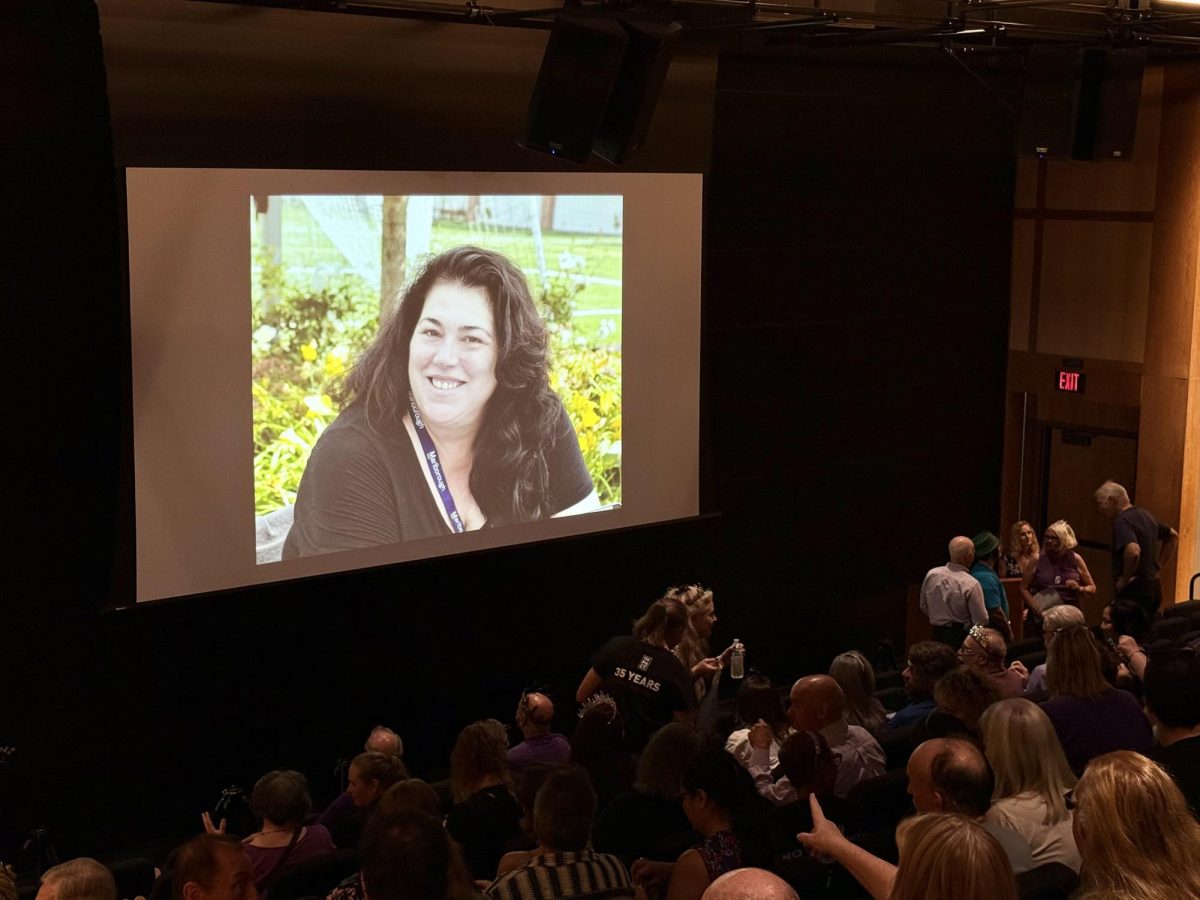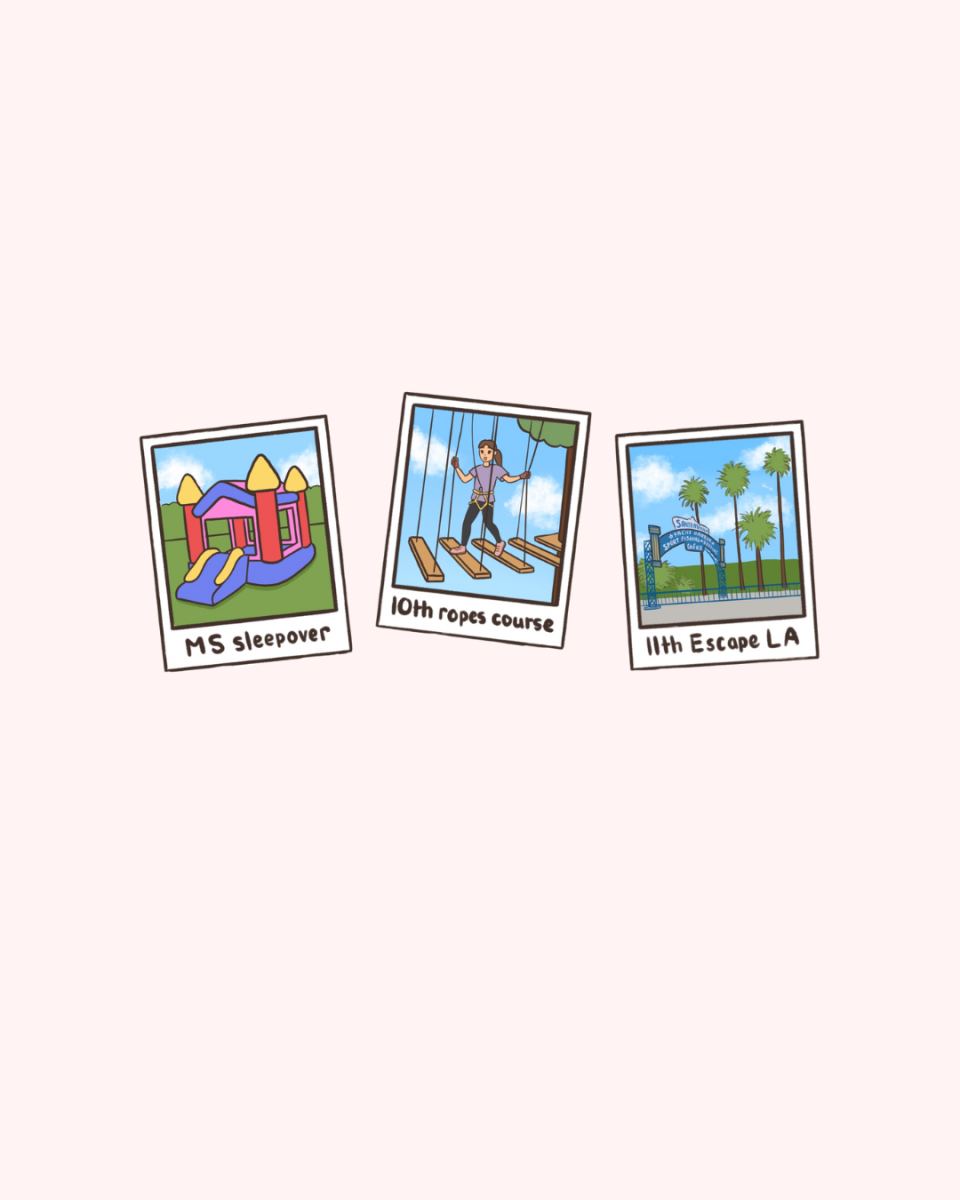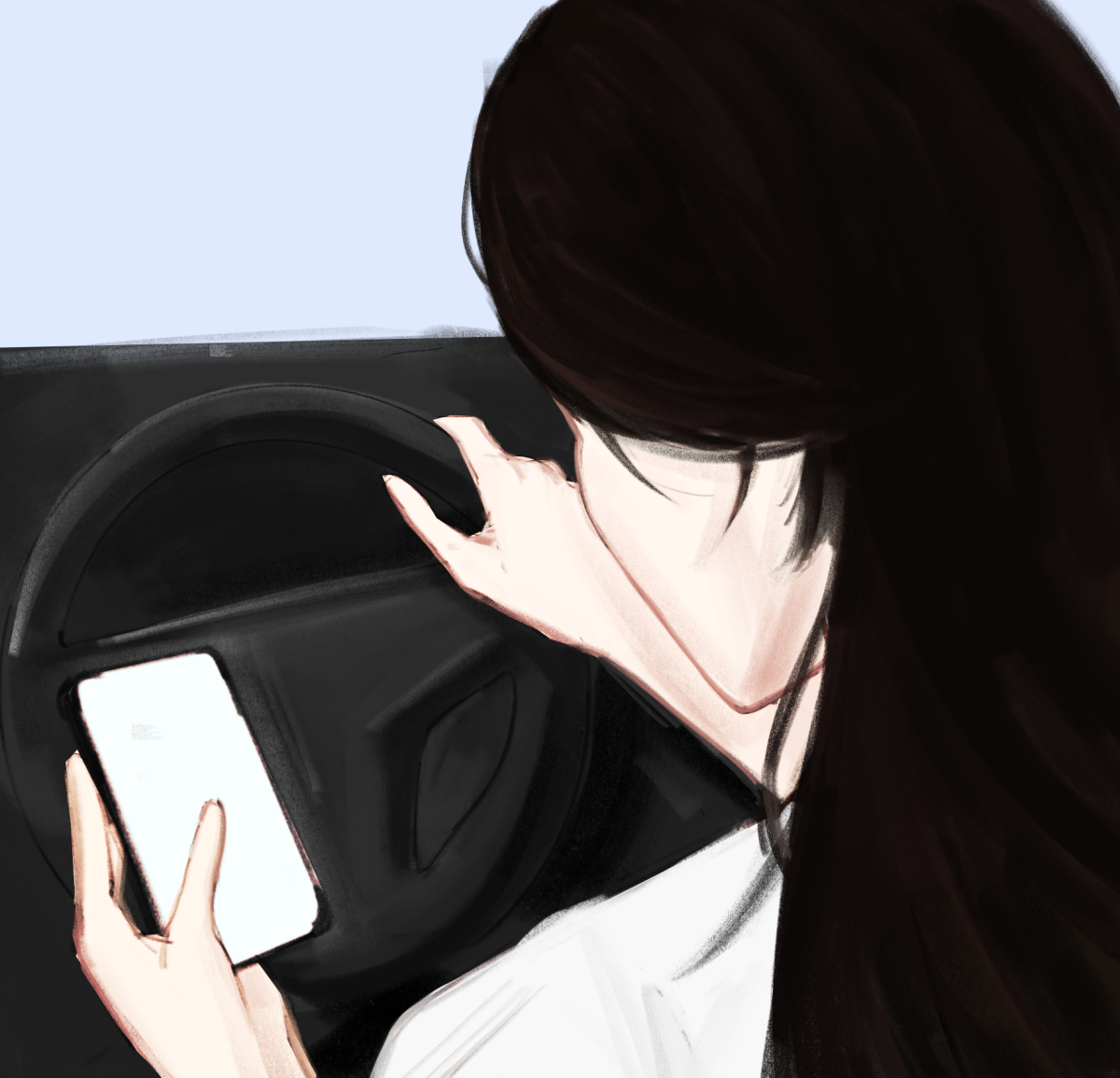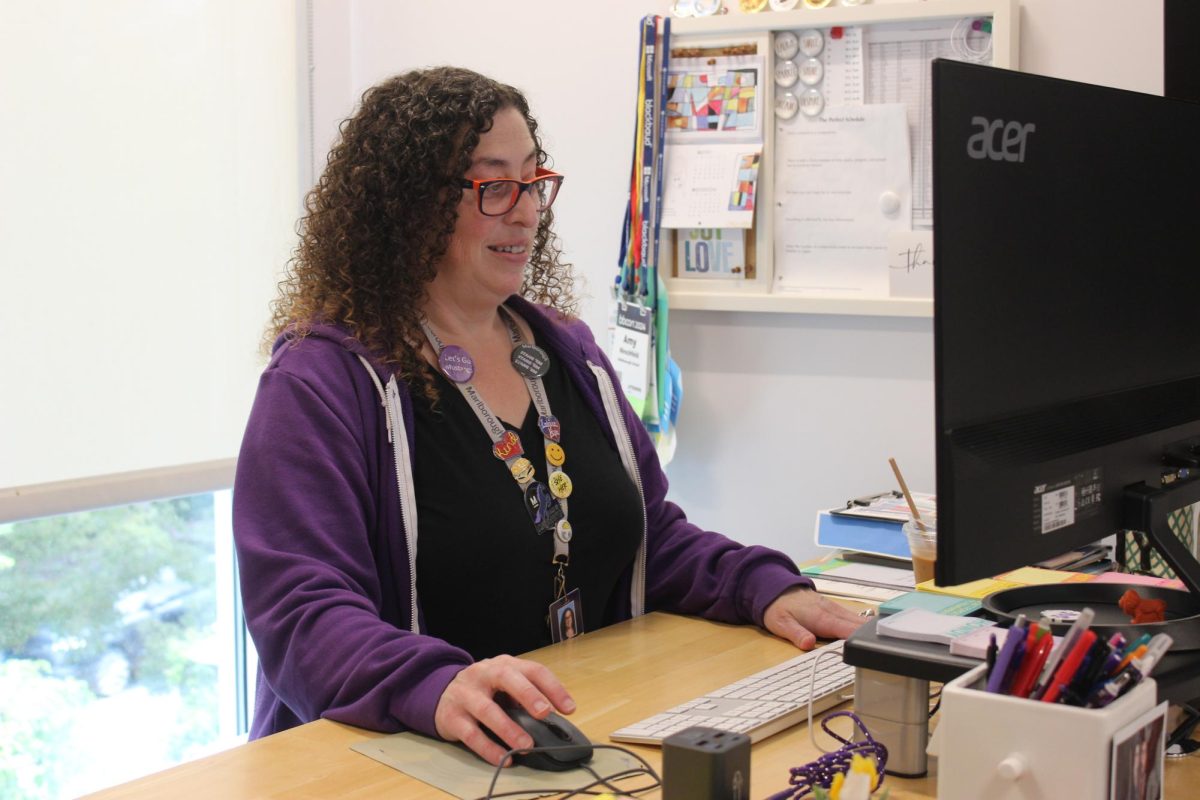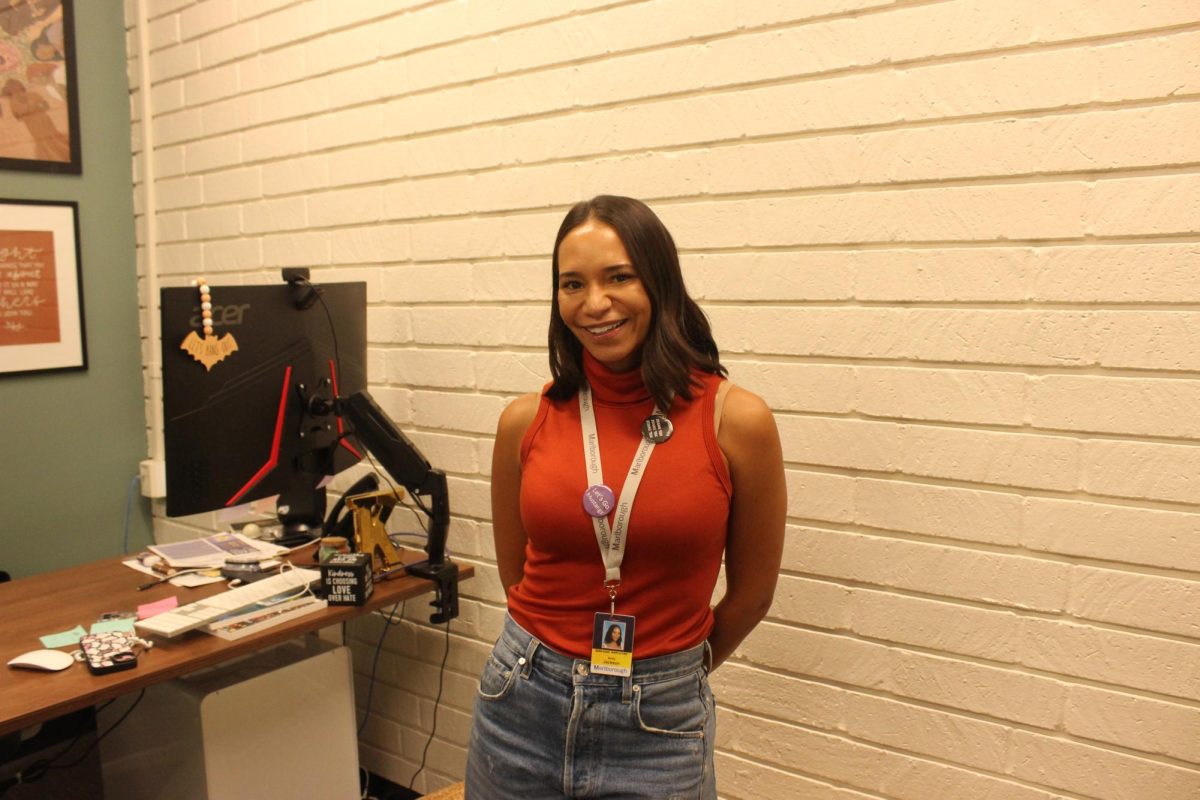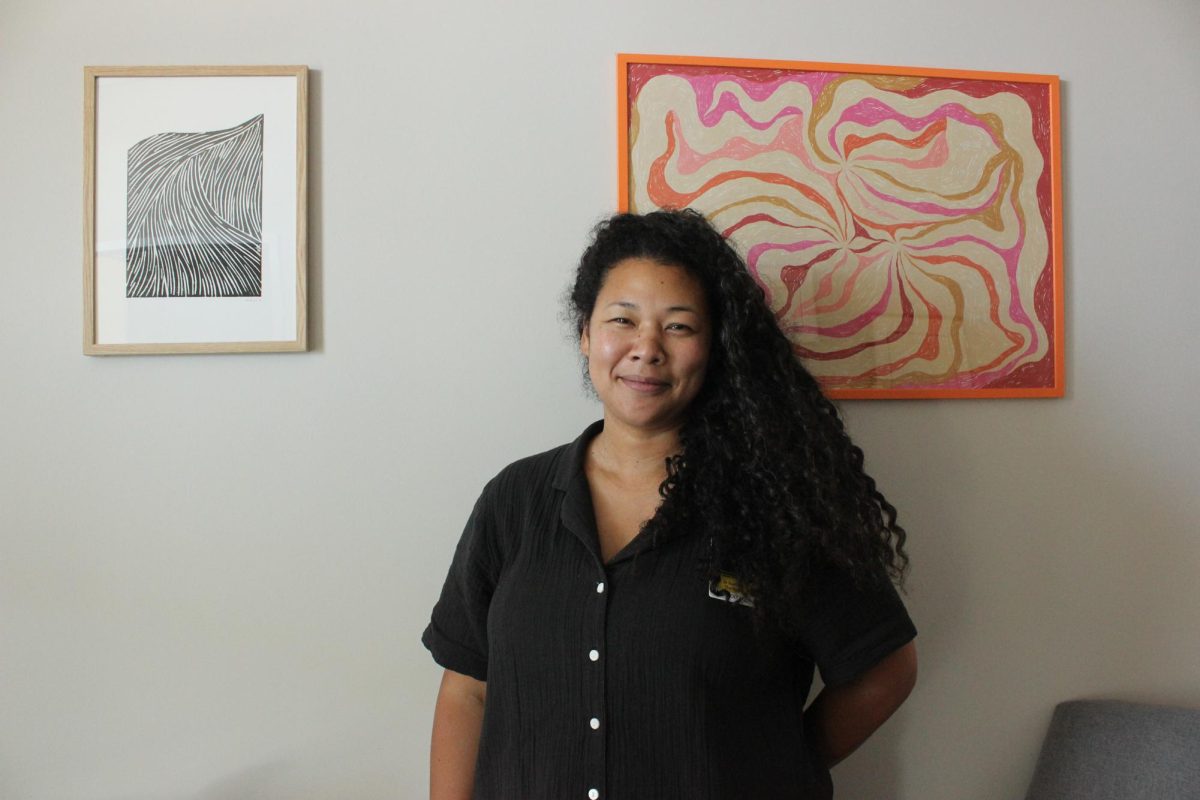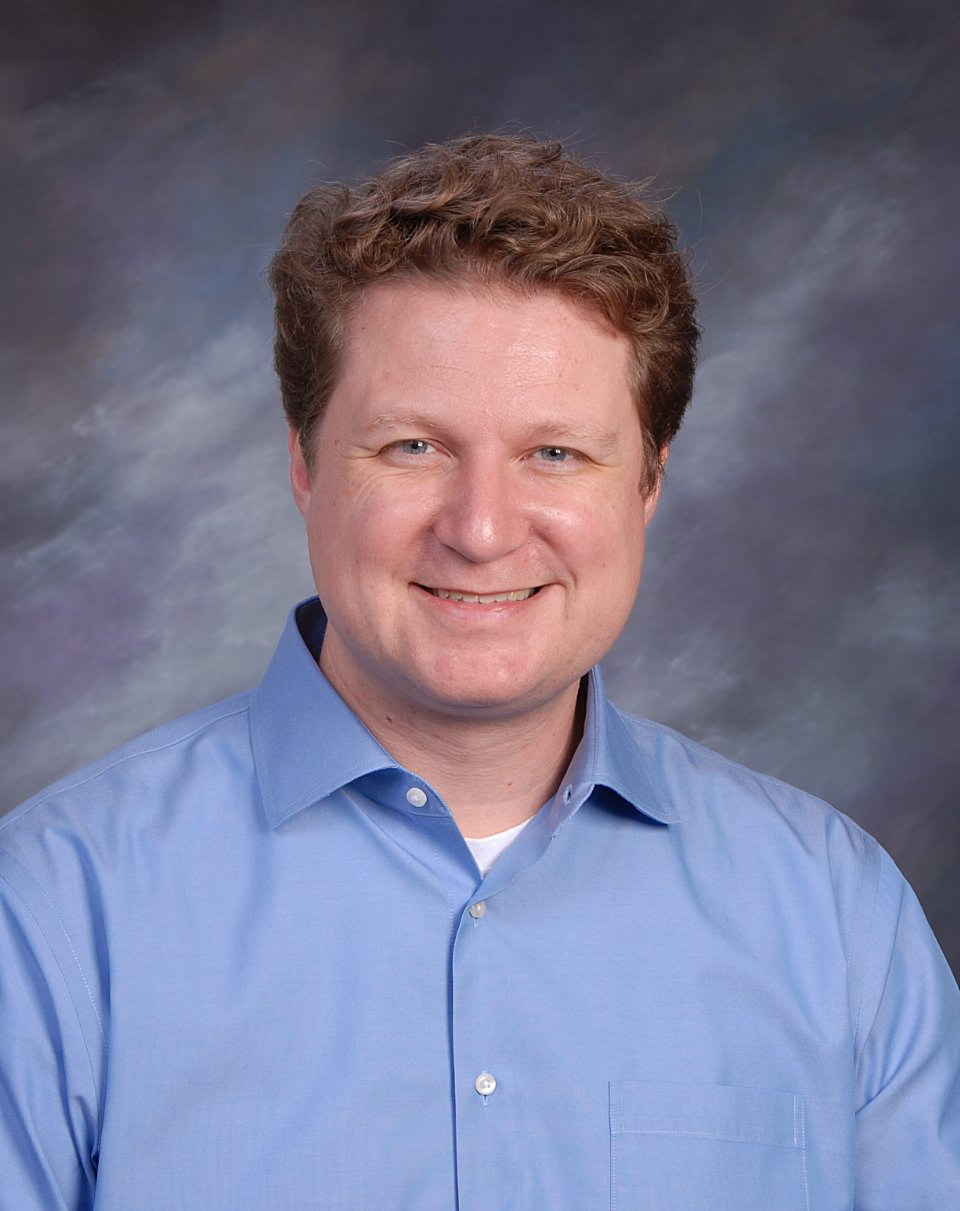
History and social sciences instructor Dan Lynch presented his research on object analysis as a way to teach history to all skill levels to a panel at the American Historical Association Annual Meeting in Denver, Colorado on Saturday, Jan. 7. This year’s meeting, which brought educators and graduate students together, focused on the theme of “Historical Scale: Linking Levels of Experience.” Essentially, the meeting aimed to find ways to teach history to people of all levels of understanding and knowledge. Lynch’s panel addressed “Learning World History at Variable Scales in Middle and High Schools.”
His research explored the importance of teaching students how to not only look at what is blatantly obvious or right in front of them on the local or national level, but also to look at the global perspective in history.
“Teachers and historians know how to move up and down [the scales], but it doesn’t come naturally to students. There’s a tendency to gravitate towards the immediate because it’s the most relatable,” Lynch said.
One of the ways he aims to help students overcome these difficulties is through object analysis, which he has been studying since 2012. Lynch said he hopes that his research regarding object analysis will transfer into teaching at Marlborough and has already been incorporating it into his curriculum with a project last semester in his regular Modern World History course. Students chose a historical object to research and presented their findings to the class as either an oral presentation, video or a written fiction story.
He described participating in the panel as extremely rewarding.
“I was very honored to be a part of this group. The [three] other people [on my panel] were professors from universities in both America and England. I was the only [high school] teacher,” Lynch said.
Lynch’s specific research, entitled “Using the World History for Us All Curriculum to Teach Variable Scales,” concentrates on using World History for Us All, which is the leading open curriculum for world history teachers, to teach students how to look at the big and small pictures of historical thinking. During Lynch’s time as UCLA’s K-12 Outreach Coordinator, he worked on improving the curriculum alongside Ross Dunn, a retired historian, who assembled the AHA panel.

